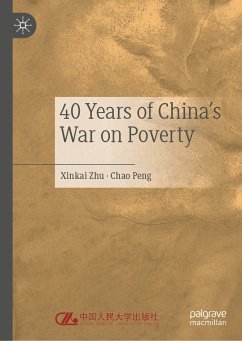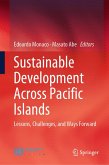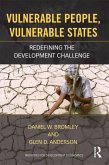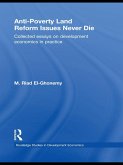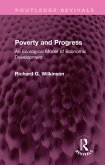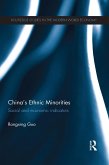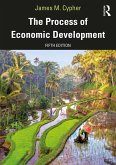China's anti-poverty campaign has liberated hundreds of millions of citizens from absolute poverty, offering a compelling model for other developing countries around the world. This book demonstrates the path of China's poverty alleviation and explores the approach and the theory underlying the country's experience. The authors elucidate four important stages of poverty alleviation in China. They further investigate how the administration has balanced economic growth, regional development and the protection of ecosystem and cultural and heritage sites during China's remarkable transformation. As China's development experience have extended the theory of international poverty alleviation, this book should provide valuable insights and offer enlightenment to global scholars, NGOs and governments of other developing countries. ¿
Xinkai Zhu is a professor and vice president in Renmin University of China. He is widely recognized for his achievement in agriculturaland development economics. He is an influential opinion leader and offers effective strategies to the administration to address complex challenges in agriculture and rural development.
Chao Peng is an associate fellow in the Rural Economy Research Center of the Ministry of Agriculture and Rural Affairs in China.
Dieser Download kann aus rechtlichen Gründen nur mit Rechnungsadresse in A, B, BG, CY, CZ, D, DK, EW, E, FIN, F, GR, HR, H, IRL, I, LT, L, LR, M, NL, PL, P, R, S, SLO, SK ausgeliefert werden.

